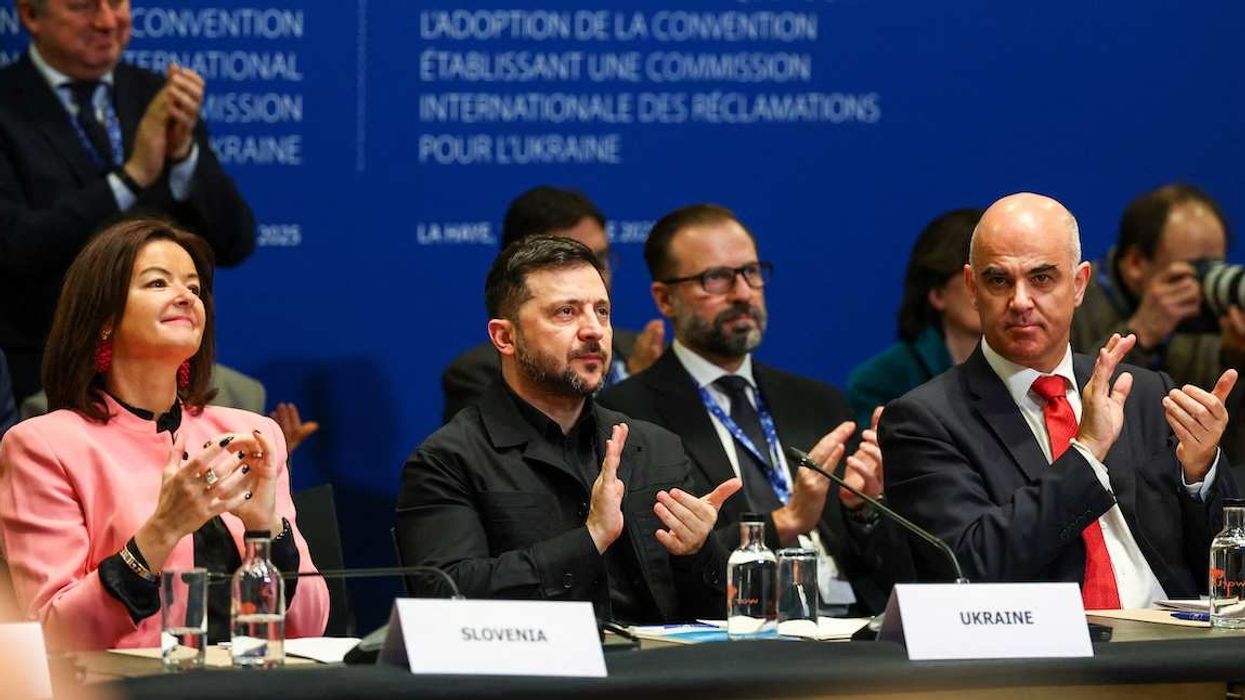The Haitian government created a provisional electoral council Wednesday tasked with organizing elections by February 2026 — 10 years after the last vote in the troubled Caribbean country. The council’s foundation comes after US Secretary of State Antony Blinken described it as a “critical next step” during a visit two weeks ago, but it faces daunting security and legitimacy challenges.
Gangs still control vast areas of the capital, and the Kenyan-led security mission has been agonizingly slow to deploy. Currently just 600 Kenyans and a handful of Jamaicans are backing the beleaguered Haitian National Police and military against the heavily armed gangs that ousted then-Prime Minister Ariel Henry in March. Holding a representative election will be impossible until the security situation improves dramatically, particularly in Port-au-Prince — and it may require compromise instead of coercion. We’re watching whether gang-associated figures end up on the ballot.
Election authorities will need to build trust even if the security situation improves. There are currently no elected officials in all of Haiti. Prime Minister Garry Conille was appointed by an unelected transitional presidential council formed with a good deal of backroom horse trading in the wake of Henry’s resignation. Henry himself was also unelected, and has been dogged by rumors implicating him in the 2021 assassination of President Jovenel Moïse. Even this first step toward democratic restoration was marred, as the electoral council has only filled seven of the legally required nine seats.



















